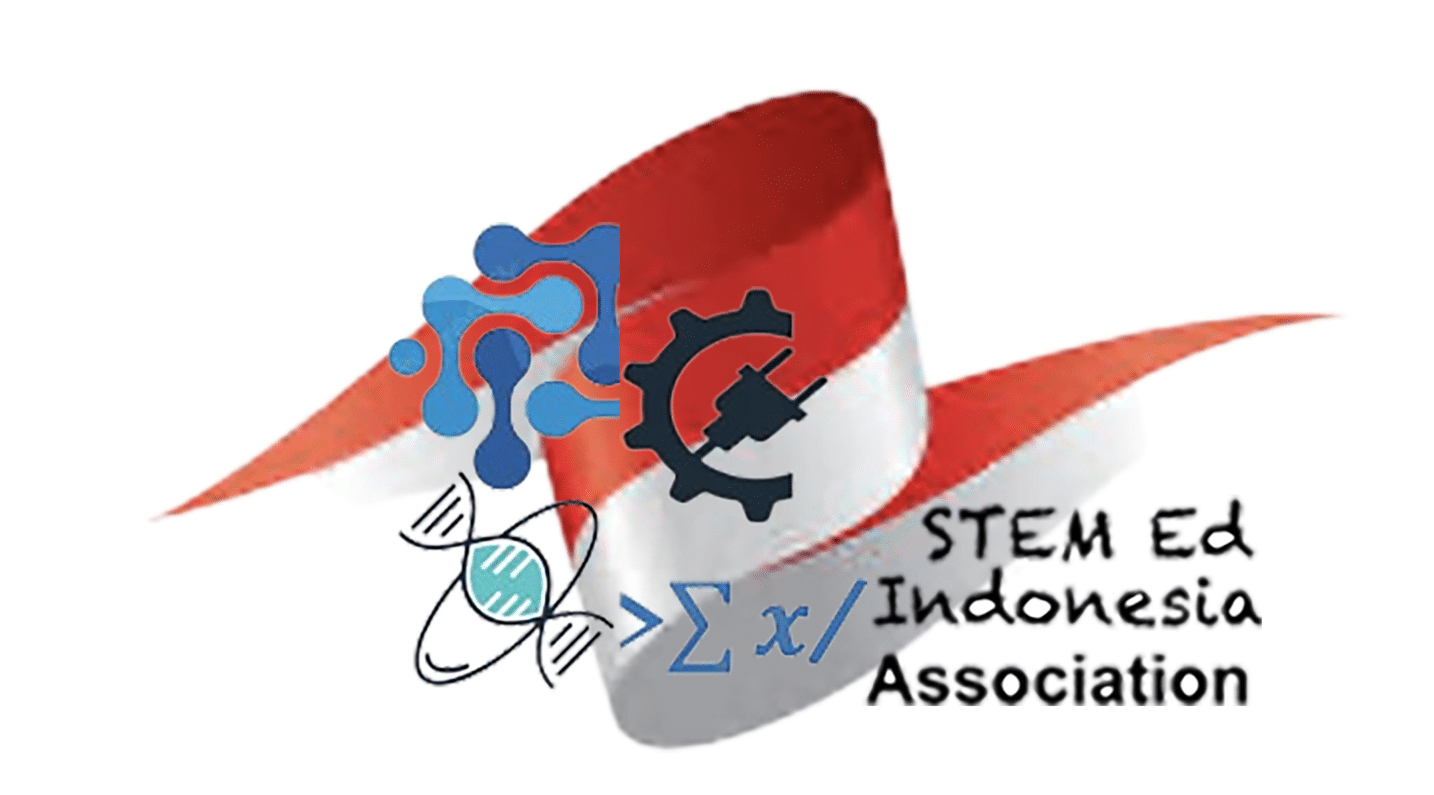Bibliometric Analysis of Research in Digital Literacy using Google Scholar Database from 2017-2021
DOI:
https://doi.org/10.70290/jeti.v1i1.4Keywords:
Bibliometric Analysis, Digital Literacy, Google Scholar, VOSviewerAbstract
Bibliometrics is an analytical technique that functions as a communication tool for quantitative results. The theme of this bibliometric research is Digital Literacy. Digital literacy is the knowledge and skills of users in utilizing digital media. Technological developments are in line with the times, so digital literacy needs to be improved. This study use a bibliometric approach with a 5step method, there are 1) determining search keywords, 2) initial search results, 3) narrowing search results, 4) compiling statistics, and 5) analyzing data. There are 5 variables in this study, year of publication, keyword mapping, number of authors, author mapping, and citations. The results obtained are 999 articles with “digital literacy or digital literacies” as the theme in the Google Scholar database 2017-2021. The results of the data that have been analyzed, then mapped using the VosViewer application. The data for the trend of the most article titles was obtained, 249 articles in 2018. A total of 398 articles were written by a single author with the most influential authors being Castek, J. The keyword trends used in 2017-2021 are “digital literacy”, “information literacy”, “media literacy”, “information”, and “chapter”. Of the 999 articles, the title ‘The relation between 21st century skills and digital skills: A systematic literature review by the authors E. Van Laar, A. J. A. M. Van Deursen, J. A. G. M. Van Dijk, Jos de Haan which has the most citations, 873 citations.
References
Al Husaeni, D. F., & Nandiyanto, A. B. D. (2022). Bibliometric using VosViewer with Publish or Perish (using Google Scholar data): From step-by-step processing for users to the practical examples in the analysis of digital learning articles in pre and post Covid-19 pandemic. ASEAN Journal of Science and Engineering, 2(1), 19–46.
Alagu, A., & Thanuskodi, S. (2019). Bibliometric analysis of digital literacy research output: A global perspective. Library Philosophy and Practice, 2019(January).
Caldevilla-Domínguez, D., Martínez-Sala, A. M., & Barrientos-Báez, A. (2021). Tourism and ICT. Bibliometric study on digital literacy in higher education. Education Sciences, 11(4). https://doi.org/10.3390/educsci11040172
Desai, C. M. (2003). Getting cited: Ten tips for practitioners of citation analysis in the library. College & Research Libraries News, 64(1), 21–27.
Eliwa, E. M., Abdel-Razek, A. S., Frese, M., Halawa, A. H., El-Agrody, A. M., Bedair, A. H., Sewald, N., & Shaaban, M. (2019). Cite this paper: Vietnam. J. Chem, 57(2), 164–174.
Ha, C. T., Thao, T. T. P., Trung, N. T., Huong, L. T. T., Dinh, N. Van, & Trung, T. (2020). A bibliometric review of research on STEM education in ASEAN: Science mapping the literature in Scopus database, 2000 to 2019. Eurasia Journal of Mathematics, Science and Technology Education, 16(10). https://doi.org/10.29333/ejmste/8500
Hallinger, P., & Kovačević, J. (2019). A bibliometric review of research on educational administration: science mapping the literature, 1960 to 2018. Review of Educational Research, 89(3), 335–369. https://doi.org/10.3102/0034654319830380
Kumar, K. (2014). A scientometric study of digital literacy in online library information science and technology abstracts (LISTA). Library Philosophy and Practice, 2014(1).
Nani, R. (2018). Bibliometric study on articles of agricultural library journal published in 2013 – 2017 period. 27, 44–50.
Rodríguez, A. (2018). The digital competence of the future teacher: bibliometric analysis of scientific productivity indexed in Scopus. IJERI: International Journal of Educational Research and Innovation, 0(10), 317–333.
Shah, S. M. (2016). Sapan Articles AJMS 01.02.2016. Asian Journal of Multidisciplinary Studies, 4(2), 151–157.
Tranfield, D., Denyer, D., & Smart, P. (2003). Towards a methodology for developing evidence‐informed management knowledge by means of systematic review. British Journal of Management, 14(3), 207–222.
Tsay, M.-Y. (2011). A Bibliometric Analysis on the Journal of Information Science. Journal of Library and Information Science Research, 5(2), 1–28.
Tupan, Rochani Nani Rahayu, Rulina Rachmawati, E. S. R. R. (2018). Bidang ilmu instrumentasi. BACA: Jurnal Dokumentasi Dan Informasi, 9008(21), 135–149.
Downloads
Published
How to Cite
Issue
Section
License
Copyright (c) 2022 International Journal of Educational Technology and Instruction (IJETI)

This work is licensed under a Creative Commons Attribution-NonCommercial 4.0 International License.




